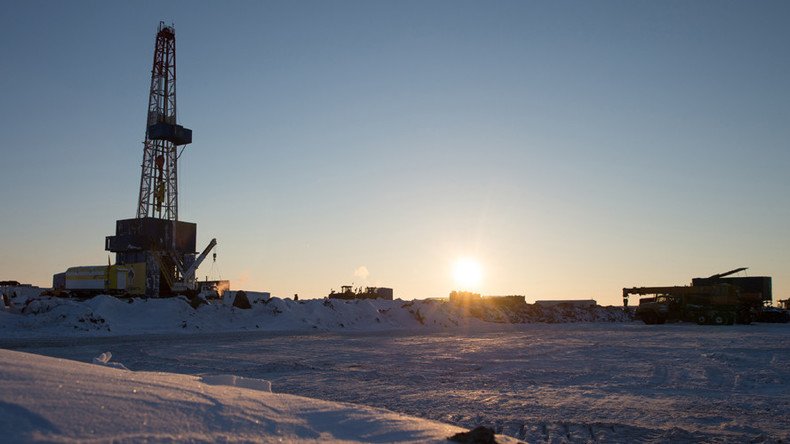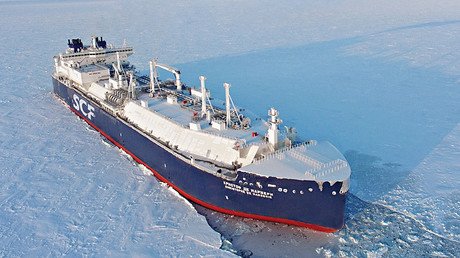Rosneft ramping up investment in Russia's Far East & Arctic

Russia's largest oil company Rosneft has outlined an investment plan for the country’s far eastern and Arctic regions, which are rich in gas and oil.
"The plan to 2022 includes drilling ten exploration wells as well as a slew of geological surveys in licensed areas. Proposed exploration and prospecting on eastern Arctic and Far East shelves are estimated to cost 140 billion rubles ($2.5 billion)," the company said in a statement.
Rosneft intends to ramp up exploratory drilling on the Arctic shelf. By 2021 the company plans to drill four exploratory wells on the Laptev Sea shelf, and eight wells in the Kara and Barents Seas.
Rosneft currently owns 28 licensed areas on the Arctic shelf with resources estimated at 34 billion tons of oil. Rosneft's share has almost 80 percent of the licensed areas in the Arctic.
Russia has been increasing investment in the Arctic. In another major project, the country expects to open the first phase of the Yamal liquified natural gas (LNG) project in December.
The plant will produce 16.5 million tons of LNG per year. The project is a joint-venture between Russia’s NOVATEK (50.1 percent), Total (20 percent), CNPC (20 percent) and the Silk Road Fund (9.9 percent). Ninety-six percent of the plant’s future capacity has already been contracted, according to Yamal governor Dmitry Kobylkin.
Yamal will also become a major hub for the Russian Northern Sea Route, which allows passage from the Atlantic to the Pacific Ocean via the shortest route along the Russian part of the Arctic Circle. It reduces the transport time from China to Europe by at least 12 days compared to the traditional Suez Canal route.













